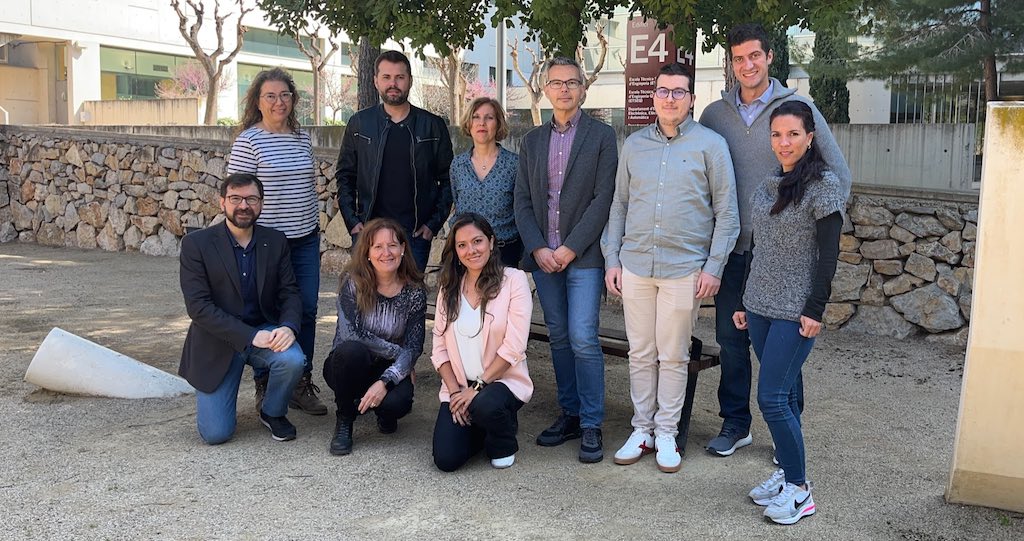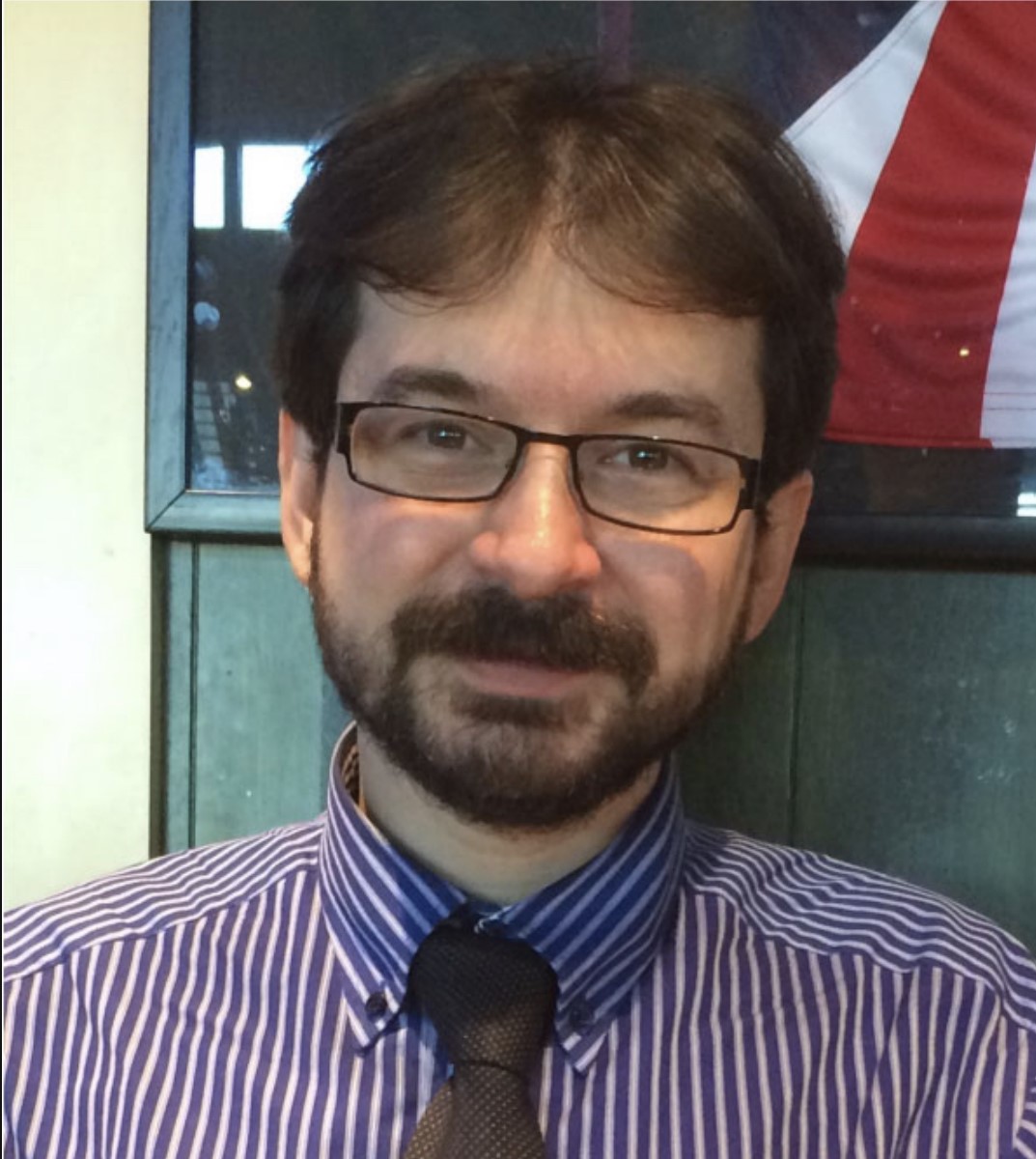
The adoption of Information and Communication Technologies (ICT) in the health sector led to the conception of electronic health (e-Health), which contributed to the reduction of costs and the increase of efficiency. Following the consolidation of e-Health, the widespread use of mobile devices with self-locating and communication capabilities (e.g., smartphones) opens the door to a new concept of health – mobile health (m-Health ), which can be understood as the provision of health services through mobile devices. On the other hand, ICTs are used by local and regional governments to encourage the deployment of so-called Smart Cities. M-Health has extraordinary potential, as it adds to the benefits of e-Health all the benefits related to the ubiquity of mobile devices. Because m-Health and Smart Cities are studied independently, they have rarely converged on common points of contact in the world of scientific research. However, we believe that the infrastructure and technologies of smart cities could be harnessed and mixed with the concepts of m-Health and telemedicine to create a new and much more powerful concept: Smart Health. The research group applies these concepts to improve people’s quality of life, care, health, and medical processes.

Dr. Agustín Solanas Gómez
CONDOR-SECURE – Seguridad, privacidad y ética para entornos urbanos cognitivos y resilientes (PID2021-127409OB-C33)
ACTUA – Anàlisi Contextual dels factors de mitigació de la Transmissió de la COVID19 a l’aUlA (PANDEMIES2020)
Goodbrother – Network on Privacy-Aware Audio- and Video-Based Applications for Active and Assisted Living (COST action 19121)
LOCARD – Lawful evidence cOllecting & Continuity plAtfoRm Development (H2020-SU-SEC-2018-832735)
IoTrain – Implementation of Interactive, Connected and Secure Contextual Environments for rail passenger transport supported by the Internet of Things and Flexible Computing (RTI2018-095499-B-C32)
CRYPTACUS – Cryptanalysis of Ubiquitous Computing Systems (COST action IC1403)
MP-TIC – Suport a la mobilització precoç amb el suport de les TIC (2017R2B-07)
APANICU – Assessment of pain in newborns in neonatal ICUs with intelligent systems (2013R2B-06)
SIMPATIC – Intelligent System for Private and Autonomous Monitoring based on Information and Communications Technologies (RECERCAIXA2013)
VIPP – Videovigilàcia Informatitzada amb Protecció de la Privadesa (2012R2B-01)
The LOST project – (2010R2B-02)
Office 242 – Department of Computer Engineering and Mathematics
School of Engineering – Universitat Rovira i Virgili
Av. Països Catalans, 26
43470 Tarragona, Catalonia, Spain
Dr. Agustí Solanas Gómez: agusti.solanas@urv.cat
Dr. Antoni Martínez-Ballesté: antoni.martinez@urv.cat
see google mapsResponsible: Dra. Mònica Bulló Bonet
Responsible: Dra. Rosa Solà Alberich
Responsible: Dra. Teresa Auguet Quintillà
Responsible: Dra. Montse Pinent Armengol